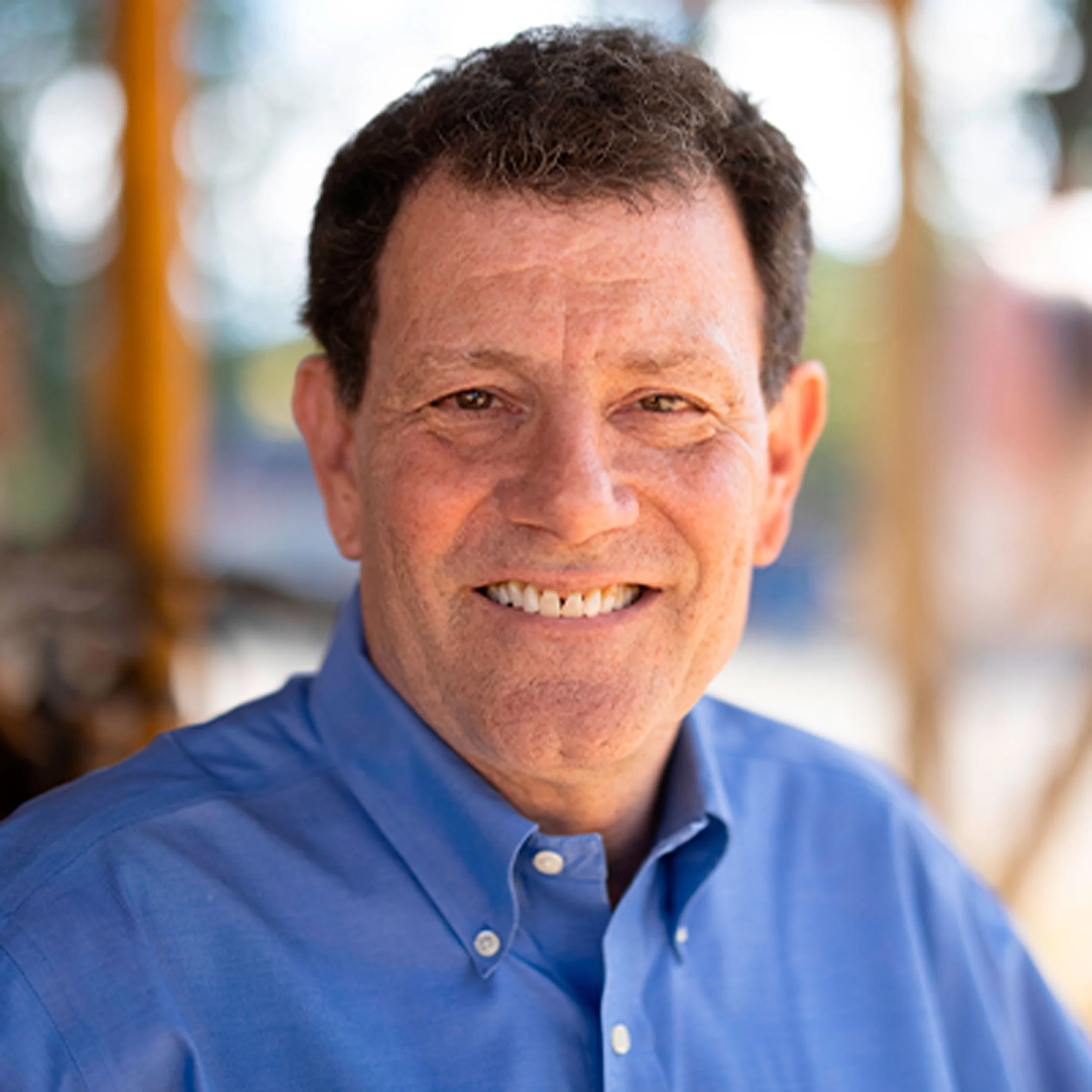On the Significance of the Recent Elections in Germany: ADRIAN DAUB on Rushing to the Right
/ADRIAN DAUB on Rushing to the Right
In this episode on Speaking Out of Place podcast Professor David Palumbo-Liu talks with Professor Adrian Daub about the recent elections in Germany, where we saw a surge in votes for the Far Right AfD party, which is now the second most powerful party in the country. They discuss the significance of this rise in popularity and the ways the elections reveal a number of shifts in German politics as the various parties stake out positions that align with not just a center-right orientation but, more dangerously, a far-right one. They speak of the parallels to the recent election of Donald Trump to the US presidency, and what it says about the entrenchment of both neoliberalism and a faux populism based on xenophobia and not serving the actual material interests of everyday people.



